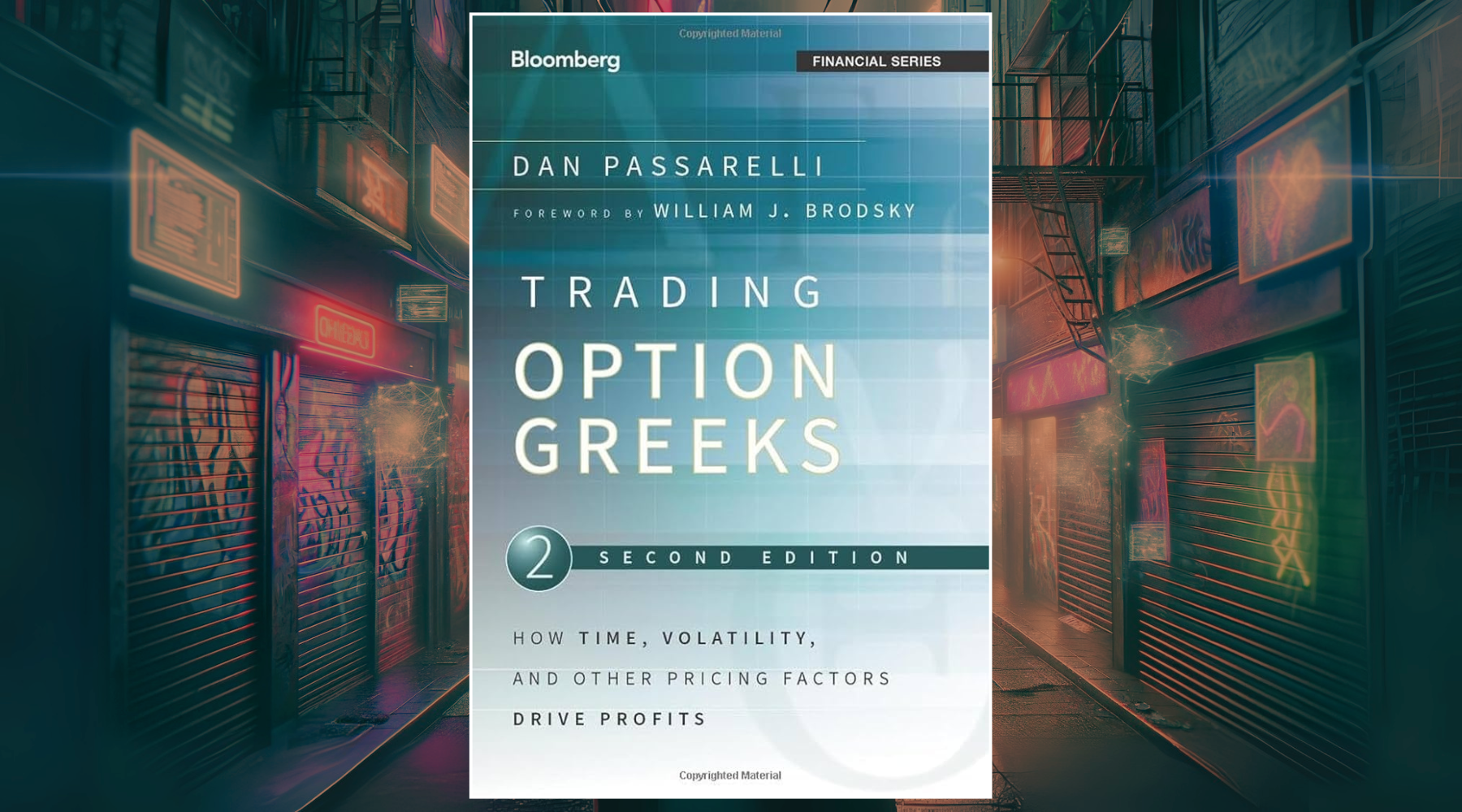The Road To Serfdom
By: Friedrich Hayek
The Road to Serfdom, written by Friedrich Hayek in 1944, is a book that warns about the dangers of too much government control over people's lives. Written during World War II, Hayek’s warnings about government control were bold and sparked big debates at time when countries were debating how much government control was needed to fight the war.
Hayek argues that when governments try to plan and control the economy, it leads to a loss of freedom for individuals. He says that even if leaders start with good intentions, centralized planning often ends up creating a society where a few powerful people make all the decisions, and everyone else has to follow orders. This path, he believes, can lead to a system like totalitarianism, where the government has total control, and people lose their ability to make choices.
Freedom and economic planning don’t mix well. When the government decides what jobs people should do or how resources should be used, it takes away the ability of individuals to make their own plans. Hayek uses examples from history, like Nazi Germany, to show how giving too much power to the government can lead to bad outcomes. Instead, Hayek supports a free market, where people can make their own choices about work, business, and life without heavy government interference.
"It is no exaggeration to say that if we had to rely on conscious planning for the growth of our industrial system, it would never have reached the degree of differentiation, complexity, and flexibility it has attained." ~ Friedrich Hayek, The Road To Serfdom

The book emphasizes that protecting individual freedom is important. Hayek believes that competition in a free market, not government control, leads to better outcomes for society. He warns that giving up small freedoms over time can lead to bigger losses later, like a slippery slope toward oppression.
About The Author: Friedrich Hayek
Friedrich A. Hayek (1899–1992) was an Austrian-born economist and philosopher known for his influential ideas about freedom and economics. He won the Nobel Prize in Economics in 1974 for his work on how prices help coordinate economic activity. Hayek was a strong defender of individual liberty and free markets, believing that too much government control could harm society.
Main Themes of The Road To Serfdom
- Collectivism vs. Individualism: Hayek contrasts collectivism, where the government prioritizes group goals and controls society, with individualism, where people have the freedom to make their own choices. He argues that individualism allows for more personal freedom and creativity, while collectivism often leads to government overreach.

- The Balance Between Government Power and Personal Freedom: Too much government control can take away individual freedoms. Hayek believes there needs to be a careful balance where the government has enough power to maintain order but not so much that it interferes with people’s ability to live their lives as they choose.
- The Dangers of Centralized Economic Planning: When the government controls the economy, like deciding what goods are made or what jobs people do, it leads to inefficiency and reduces freedom. Hayek says no single authority can have enough knowledge to plan everything well, causing problems for society.
"It is of the utmost importance to the argument of this book for the reader to keep in mind that the planning against which all our criticism is directed is solely the planning against competition--the planning which is to be substituted for competition." ~ Friedrich Hayek, The Road To Serfdom
- The Slippery Slope to Totalitarianism: Giving the government more power, even with good intentions, can slowly lead to a society where leaders have total control. Small increases in government power can add up over time, resulting in a system where people lose their ability to make choices.
"From the saintly and single-minded idealist to the fanatic is often but a step." ~ Friedrich Hayek, The Road To Serfdom

- The Importance of the Rule of Law: Clear, fair laws applied equally to everyone are essential for protecting freedom. When governments make arbitrary decisions or favor certain groups, it undermines justice and can lead to oppression.
My Thoughts
I understand why this book is a classic and impacted so many important political economists such as Milton Friedman and the Austrian School of Economics. Ronald Raegan and Margaret Thatcher both credited Hayek with helping to shape their ideas.
But I thought the book is a bit heavy with dry economic and political details which makes it a bit more of a challenge to read. Some parts can feel repetitive, and the book focuses a lot on warnings without offering many detailed solutions.
The impact this book had on shaping future economic thinking is more important than the actual book is 80 years later.
The Road to Serfdom
F.A. Hayek's prophetic warning about the dangers of government overreach and central planning. This Nobel Prize winner's masterpiece explains how well-intentioned policies can lead to economic tyranny and the erosion of individual freedom. Essential reading for understanding free market economics and liberty.
View on AmazonIf you enjoyed this book review of The Road To Serfdom, I'd recommend checking out my book summary and review of Economics In One Lesson, by Henry Hazlitt. This is one of the all-time best books on economics. It's easy to read, concise, and is definitely a classic for a reason.










Leave a comment
This site is protected by hCaptcha and the hCaptcha Privacy Policy and Terms of Service apply.